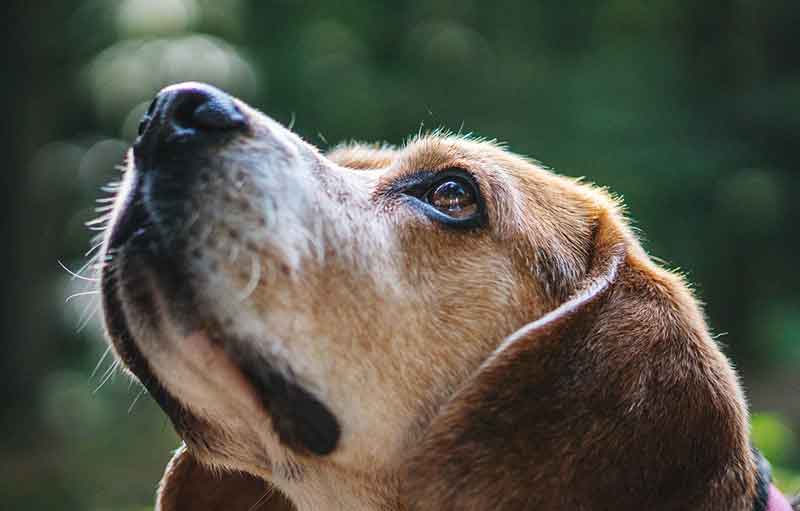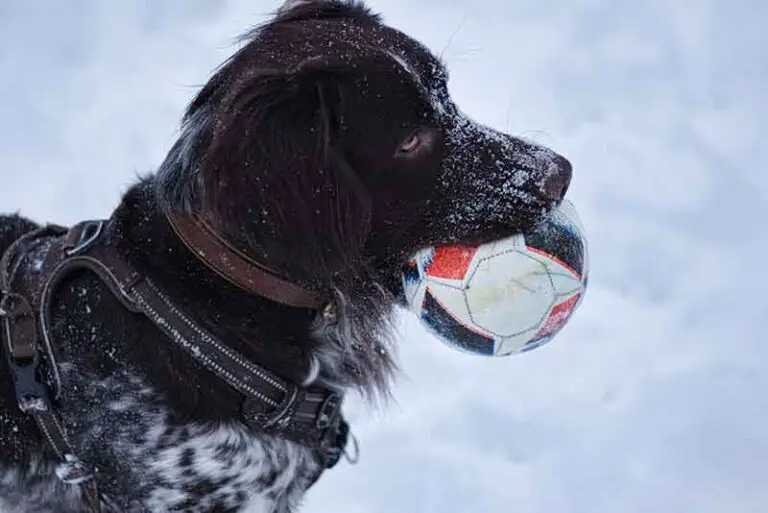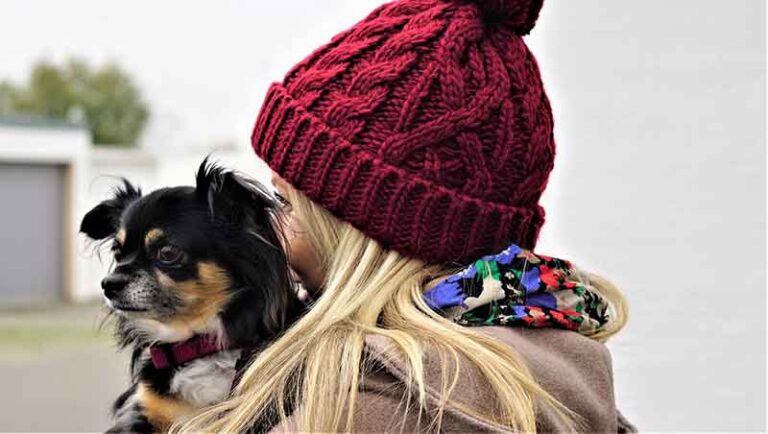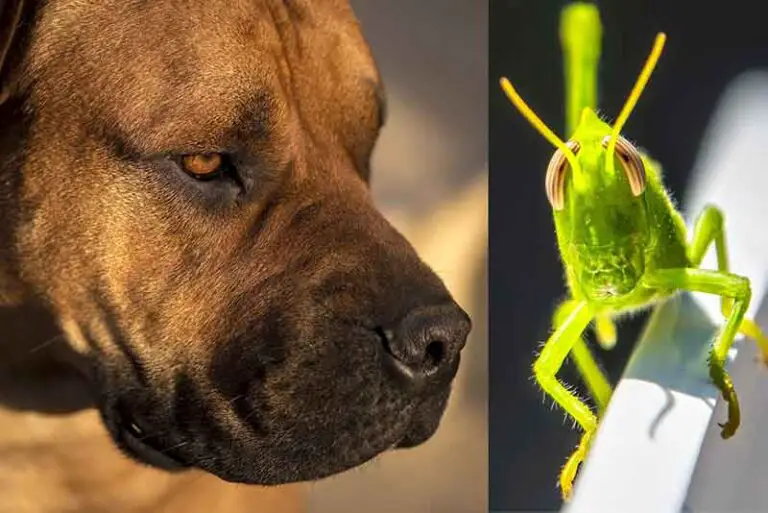What Should I Do When My Dog’s Eye Blood Vessel Burst?
Vision is vital to any living being. And it’s dire if any kind of medical condition or an injury happens to the eye; because these could steal away one’s vision forever. In that case, we thought discussing about dog’s eye blood vessel burst condition.
If ever something happens to our pet doggo’s eye, we, as pet parents, should take the full responsibility of taking care of them, whether or not they get their vision back. Let’s check out one of the conditions that could harm the eyes, especially in canines.
What should you do when a dog’s eye blood vessel bursts? If you ever notice redness or blood deposited inside the doggo’s eye, hurry him to the veterinarian as soon as possible. Because if Subconjunctival Haemorrhage or Hyphema causes it, it requires immediate medical attention.
First of all, please don’t panic. When we see blood inside an eye, we start to panic and act out of order. But to be honest, what you should do first is examine and understand what has happened to your pet’s eye.
It could be a scratch, Hyphema, or Subconjunctival Haemorrhage. The latter two are mainly caused due to blunt force trauma.
For example, even a sneeze or a cough could make these delicate blood vessels inside the eye burst. Therefore there’s nothing to panic about.
Examine the situation calmly and think through the next step you should take; whether you should go to the vet or not.
What Should I Do When My Dog’s Eye Blood Vessel Burst?
The best indicator of this eye problem is redness or deposited blood inside the eye. Subconjunctival Haemorrhage is a common medical condition that causes blood vessels to burst. Let me first explain what that is.
Subconjunctival Haemorrhage, causing dog eye blood vessel burst, happens when a tiny blood vessel bursts underneath the conjunctiva.
The clear surface of the eye is called the conjunctiva. If you take a closer look, you can see red lines (blood vessels) networked throughout this part. This part of the eye cannot absorb any liquid into the eye.
Therefore the blood that came out from the blast gets trapped there. It is the same blood that indicates that the dog’s eye blood vessel burst.
So what should you do when this happens? Yes. I did say that you should hurry to the vet. Yet, as I explained before, even sneezing or coughing can cause these blood vessels to burst due to the trauma caused by them.
So this is nothing severe. But, because we don’t know what actually caused this, it’s better if you hurry your pet to the doctor.
Sometimes the ophthalmologist might ask you to hospitalize your pet if your doggy needs close attention. Or else, if it’s nothing severe, he will prescribe some artificial tears to relieve irritation and keep the eye moist.
Some situations will need oral medications, and surgery might be necessary for severe conditions.
What Does It Mean When A Dog’s Eye Bleeds?
Besides the Subconjunctival Haemorrhage, Hyphema is another condition that causes dog eye blood vessels to burst. While Subconjunctival Hemorrhage happens outside the iris (in the sclera), Hyphema will cause blood to deposit in the eye’s iris and the cornea.
It happens when damage occurs to the pupil or the iris of your doggo. It is much more severe than the Haemorrhage because this blood collected inside the iris could block one’s vision partly or entirely. Your pet will experience pain in the eye, cloudiness, and light sensitivity.
Just like in Subconjunctival Haemorrhage, trauma and retinal detachment could cause Hyphemia. Moreover, infections, systemic hypertension, parasites, and lymphoma are some other causes.
You need to act swiftly and seek medical advice because even if the collected blood is unnoticeable, your dog could lose eyesight forever if left untreated.
Dog Eye Blood Vessel Burst Treatments
The next question is, how could you treat these two eye disorders? So without further ado, let’s check out the necessary treatments to heal these eye disorders.
- Subconjunctival Haemorrhage
Even though this heals with time as the blood vessel comes back together, you could use artificial tears to help with the irritation.
But if you ever notice symptoms such as swelling in the eye, pain, or any related issues, check it out with the doctor to make sure that there’s no severe damage done to the eye or the skull of your doggo. Use some ice packs if needed.
- Hyphema
Usually, the ophthalmologist will require the dog to be hospitalized if the case is serious. The doggo’s eye will need to be covered to minimize the activity.
The doctor will prescribe eye drops to stop further damage. Typically they’ll use Corticosteroids and Atropine eye drops to treat Hyphema.
But if the condition is severe, surgery will be necessary to save his eyesight.
How Long Does It Take For A Broken Blood Vessel In A Dog Eye To Heal?
When a dog’s eye blood vessel bursts, it would generally heal within two or three weeks. The blood will have to retract, and the vessel should heal back properly.
During this period, make sure that no other damages happen to the eye of the puppy. And also, you should follow the medication prescribed by the doctor to the max.
However, severe conditions will take several weeks to months to heal properly. If the dog had to undergo surgery, naturally, the healing process may take more time.
What Should I Do If My Dog’s Eye Is Bleeding?
First and foremost, don’t panic. Calmly examine the damage before going to the vet. You should understand what has happened.
As I explained at the start, if it’s just an injury caused by an outer source, such as a scratch, first clean the eye with some clean water.
If it’s something like Hyphema or Haemorrhage, before going to the clinic, identify what caused the dog’s eye blood vessel burst out of the two.
Understanding the situation will make it easier for you and the doctor both. After that, see the doctor. I recommend not using any medication until you check out with the doctor.
Thank you for reading this post. Stay tuned with Jack Russell Owner for more interesting posts.








